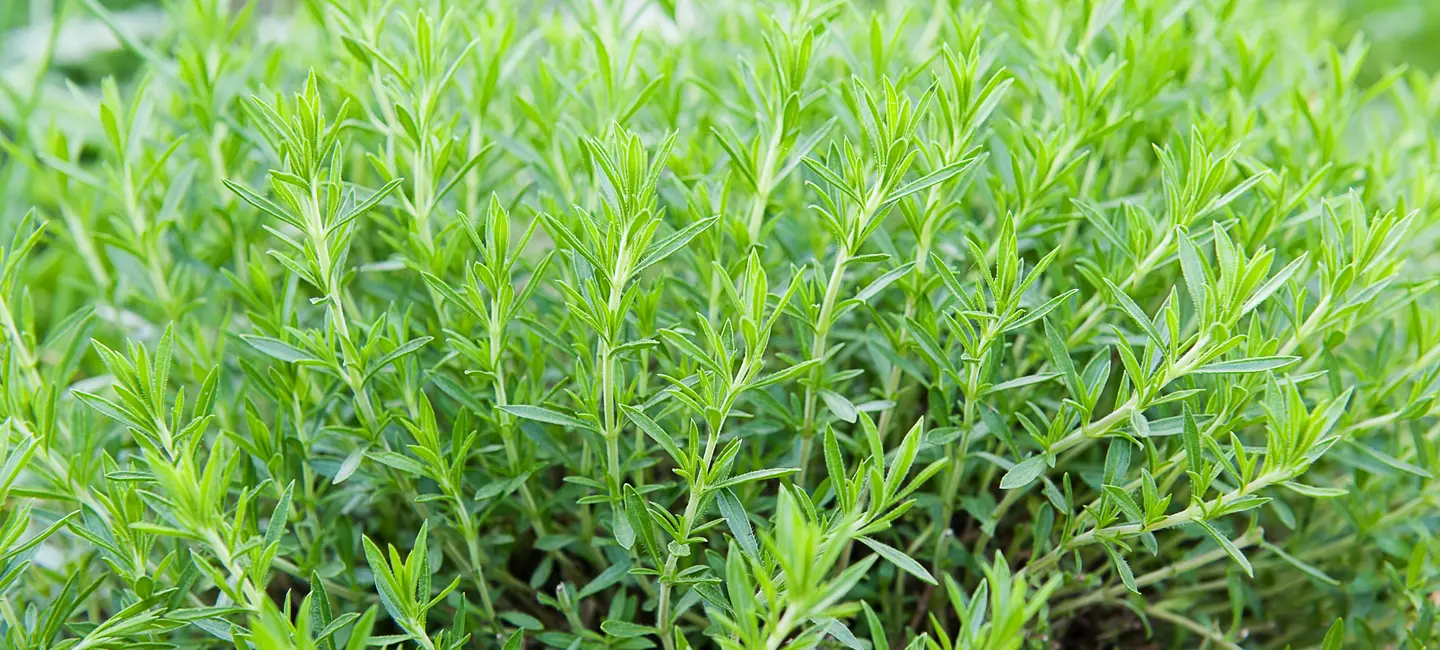
Tarragon is an herb. The parts of the tarragon plant that grow above the ground are used to make medicine. Some people call tarragon "mugwort". Be careful not to confuse tarragon with another plant called mugwort (Artemisia vulgaris).
Tarragon is used for indigestion (dyspepsia), poor appetite, nausea and vomiting after surgery, toothache, sleep problems, and other conditions, but there is no good scientific evidence to support these uses.
In foods and beverages, tarragon is used as a culinary herb.
In manufacturing, tarragon is used as a fragrance in soaps and cosmetics.
Is It Effective?
NatMed Pro rates effectiveness based on scientific evidence according to the following scale: Effective, Likely Effective, Possibly Effective, Possibly Ineffective, Likely Ineffective, Ineffective, and Insufficient Evidence to Rate.
- Nausea and vomiting after surgery.
- Digestion problems.
- Menstrual problems.
- Toothaches.
- Water retention.
- Other conditions.
More evidence is needed to rate the effectiveness of tarragon for these uses.
Is it Safe?
Tarragon is a good source of potassium. It also contains ingredients that seem to be able to fight certain bacteria.
When taken by mouth: Tarragon is LIKELY SAFE when taken in food amounts. There isn't enough reliable information to know if tarragon is safe to use as a medicine or what the side effects might be.
When applied to the skin: There isn't enough reliable information to know if tarragon is safe to use or what the side effects might be.
When inhaled as aromatherapy: There isn't enough reliable information to know if tarragon is safe to use or what the side effects might be.
Special Precautions & Warnings:
Pregnancy and breast-feeding: There isn't enough reliable information to know if tarragon is safe to use as a medicine when pregnant or breast-feeding. Stay on the safe side and avoid use.
Bleeding disorder: Tarragon might slow blood clotting. There is concern that tarragon might increase the risk of bleeding when taken as a medicine.
Allergy to ragweed and related plants: Tarragon may cause an allergic reaction in people who are sensitive to the Asteraceae/Compositae family. Members of this family include ragweed, chrysanthemums, marigolds, daisies, and many others. If you have allergies, be sure to check with your healthcare provider before taking tarragon.
Surgery: Tarragon might slow blood clotting. There is concern that tarragon might prolong bleeding during and after surgery. Stop taking tarragon at least 2 weeks before a scheduled surgery.
Medications for depression (MAOIs)
Interaction Rating=Moderate Be cautious with this combination.
Tarragon extract might have the same activity as certain medications used for depression, called MAOIs. Using tarragon extract along with these medications might increase the effects and side effects of the medications.
Some common MAOIs include phenelzine (Nardil), selegiline (Zelapar), and tranylcypromine (Parnate).
Medications that slow blood clotting (Anticoagulant / Antiplatelet drugs)
Interaction Rating=Moderate Be cautious with this combination.
Tarragon extract might slow blood clotting. Taking tarragon extract along with medications that also slow clotting might increase the chances of bruising and bleeding.
Some medications that slow blood clotting include aspirin, clopidogrel (Plavix), diclofenac (Voltaren, Cataflam, others), ibuprofen (Advil, Motrin, others), naproxen (Anaprox, Naprosyn, others), dalteparin (Fragmin), enoxaparin (Lovenox), heparin, warfarin (Coumadin), and others.
Sedative medications (CNS depressants)
Interaction Rating=Moderate Be cautious with this combination.
Tarragon essential oil might cause sleepiness and drowsiness. Medications that cause sleepiness are called sedatives. Using tarragon essential oil along with sedative medications might cause too much sleepiness. Taking tarragon essential oil along with sedative medications used in surgery might cause prolonged sedation.
Some sedative medications include pentobarbital (Nembutal), phenobarbital (Luminal), secobarbital (Seconal), thiopental (Pentothal), fentanyl (Duragesic, Sublimaze), morphine, propofol (Diprivan), and others.
Herbs and supplements that might slow blood clotting: Tarragon extract might slow blood clotting. Using tarragon extract with other herbs that can slow blood clotting might increase the risk of bleeding in some people. These other herbs include angelica, clove, danshen, ginger, ginkgo, red clover, turmeric, vitamin E, willow, and others.
Herbs and supplements with sedative properties: Tarragon essential oil might cause sleepiness and drowsiness. Using it along with other herbs or supplements that have this same effect might cause too much sleepiness. Some of these supplements that might also cause sleepiness include 5-HTP, calamus, California poppy, catnip, hops, Jamaican dogwood, kava, St. John's wort, skullcap, valerian, yerba mansa, and others.
There are no known interactions with foods.
The appropriate dose of tarragon depends on several factors such as the user's age, health, and several other conditions. At this time there is not enough scientific information to determine an appropriate range of doses for tarragon. Keep in mind that natural products are not always necessarily safe and dosages can be important. Be sure to follow relevant directions on product labels and consult your pharmacist or physician or other healthcare professional before using.
Armoise Âcre, Artemisia dracunculus, Artemisia glauca, Dragonne, Estragon, Estragón, French Tarragon, Herbe Dragon, Herbe au Dragon, Little Dragon, Mugwort, Petit Dragon.
Information on this website is for informational use only and is not intended to replace professional medical advice, diagnosis, or treatment. While evidence-based, it is not guaranteed to be error-free and is not intended to meet any particular user’s needs or requirements or to cover all possible uses, safety concerns, interactions, outcomes, or adverse effects. Always check with your doctor or other medical professional before making healthcare decisions (including taking any medication) and do not delay or disregard seeking medical advice or treatment based on any information displayed on this website.
© TRC Healthcare 2024. All rights reserved. Use and/or distribution is permitted only pursuant to a valid license or other permission from TRC Healthcare.
